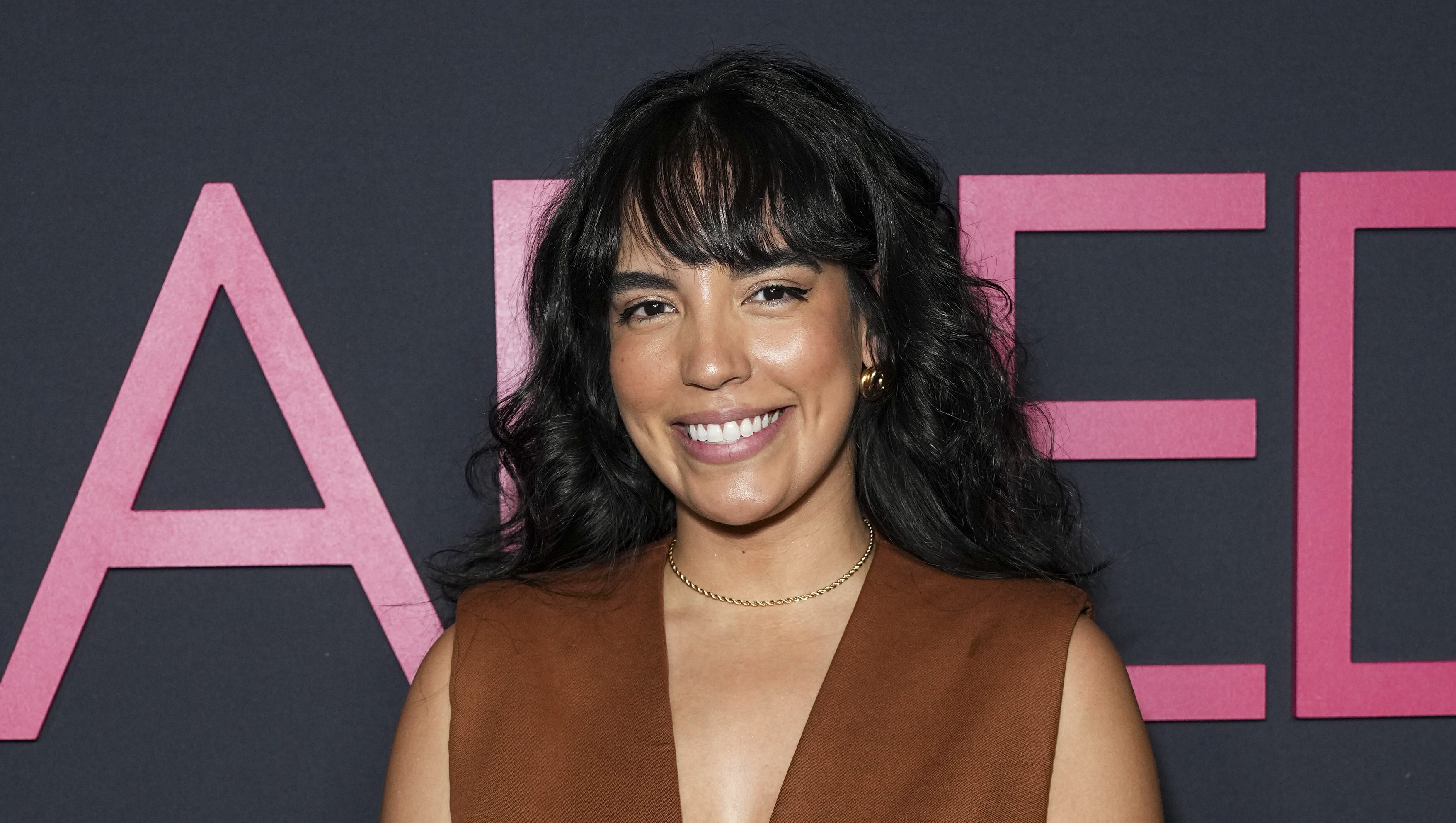“The evidence tells us that this [the new technology] is the best solution to resolve insomnia, much more so than sleeping pills. And yet very few people with insomnia are offered it,” Eckert says.
There are multiple reasons for this, he says, including a lack of education among GPs and accessibility.
“We’ve only got 50 or 60 trained sleep psychologists in the whole country,” explains Eckert, who hopes that the results from the trial and new docuseries will be a wake-up call for governments to divert more funding towards sleep psychology.
“I was surprised by how apathetic the politicians were when it came to wanting to do something about sleep,” agrees Mosley. “I’m hoping this documentary series will shame them into action.”
Bedtime restriction therapy is perhaps the most used CBT-I technique in the trial, which counterintuitively forces insomniacs to limit their time in bed. The rather gruelling method uses a sleep tracking mat to determine a patient’s sleep efficiency, which is the number of hours a night when they are actively sleeping.
Patients must then stick to a rigorous sleep schedule where they are forbidden from napping and must only be in bed for the timeframe determined to be their period of active sleep.
While Eckert says CBT-I does need to be done under the guidance of a medical professional and tailored to individual needs, certain components, including sleep retraining, can be done in the home using certain new devices, including one developed by Flinders FHMRI Sleep Health clinic.
Another technique used in the trial to treat participants is light therapy, administered through the use of a special pair of green/blue light glasses. While getting a healthy dose of morning light has been common advice for a good night’s sleep for some time, Mosley says the trial suggested that the best time of day to be exposed to light can vary from person to person.
“I was surprised to discover I had this fast-running clock, which meant I actually benefited from having bright light late at night. Whereas, I’ve been telling everyone for years to go out and get bright early morning light.
“It turns out that’s great if you happen to be an owl, but not so great if you happen to be a lark [early riser] like me.”
‘Changing your pillows or changing your mattress isn’t going to make any difference if you’ve got sleep apnoea.’
Dr Michael Mosley
In the absence of widespread accessibility to treatments like CBT-I, countless insomnia fixes peddled by today’s growing wellness industry, from gummies to essential oils to sound machines, have cropped up. But how effective are they really?
“The vast majority of sleep devices that I’ve come across are utterly useless,” says Mosley, who explains treatment needs to be individualised and target the root causes of sleep problems.
“Changing your pillows or changing your mattress isn’t going to make any difference if you’ve got sleep apnoea. And swallowing a few vitamin pills or listening to some music are extremely unlikely to make any difference if you have chronic insomnia.
“So I think they’re mostly expensive placebos.”
Priyanka, one of the trial participants featured on the show, wears a pair of light therapy glasses.Credit: SBS
Eckert says while some consumer products are backed by rigorous science, such as the mat monitors and glasses used in the trial, many are not, and “do not work at all or in some cases can be counterproductive”.
Mosley adds that while tech can sometimes be a helpful aide, “the best guide is how tired you’re feeling during the day. Are you knackered in the early evening? Do you fall asleep in front of the telly? When you’re driving? I would listen to your body more than I would listen to the technology.”
The biggest thing everyone can do for their wellbeing? “Prioritise sleep,” says Eckert.
Loading
“Recognise that sleep is the foundation for optimal function and a happy healthy life. It’s very difficult to do the other two pillars of health well, exercise and diet, if you are not getting a good night’s sleep.”
Other advice for insomniacs he has includes establishing a regular sleep schedule, avoiding bright lights from electronic devices and heavy meals before sleep, and getting into the habit of winding down before sleep. If you find yourself waking up throughout the night, one of the most common types of insomnia, change your environment.
“If you remain awake after 20 minutes, go to another room until you feel tired again. This can help build the important association between your bedroom, the feeling of being tired and sleep.”
But, “if you think that you might have a clinical sleep disorder, seek help from your GP or a sleep psychologist in the first instance.”
Australia’s Sleep Revolution with Dr Michael Mosley premieres March 6, 7.30pm on SBS and SBS On Demand.
Make the most of your health, relationships, fitness and nutrition with our Live Well newsletter. Get it in your inbox every Monday.






